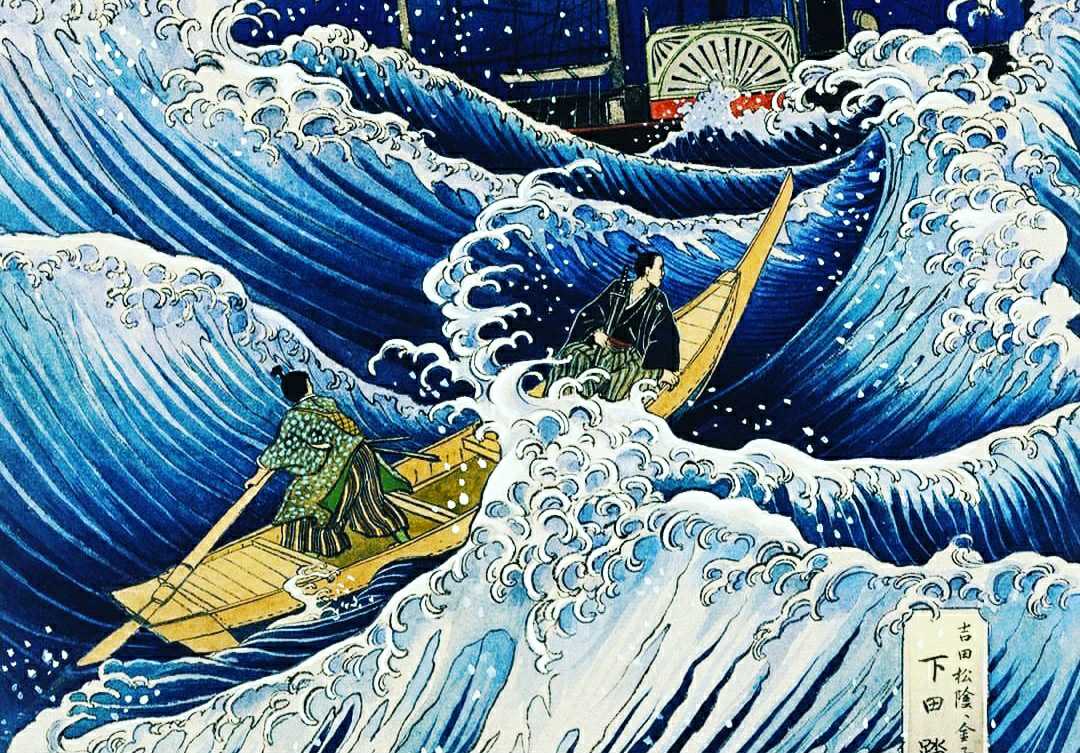
“Almost all readers of this book Upheaval have experienced or will experience an upheaval constituting a personal “crisis,” as I did in 1959. When you’re in the middle of it, you don’t pause to think about academic questions of defining “crisis”; you know that you’re in one. Later, when the crisis has passed and you have the leisure to reflect on it, you may define it in retrospect as a situation in which you found yourself facing an important challenge that felt insurmountable by your usual methods of coping and problem-solving.”
Crisis therapists have identified at least a dozen factors that make it more or less likely that an individual will succeed in resolving a personal crisis.
Acknowledgement that one is in crisis. Until someone admits, “Yes, I do have a problem” – and that admission may take a long time – there can’t be any progress towards resolving the problem.
∼
Acceptance of personal responsibility. But it’s not enough just to acknowledge “I have a problem.” A second hurdle, after a person has acknowledged “I have a problem,” is for the person to assume responsibility for solving it.
∼
Building a fence. Once a person has acknowledged a crisis and accepted responsibility for doing something to resolve it, they can focus on the step of “building a fence,” i.e., identifying and delineating the problem to be solved.
∼
Help from others. Most of us who have successfully gotten through a crisis have discovered the value of material and emotional support from friends, as well as from institutionalized support groups such as those of cancer patients, alcoholics, or drug addicts.
∼
Other people as models. Ideally, these models are friends or other people with whom you can talk, and from whom you can learn directly how they solved a problem similar to yours. But the model can also be someone whom you don’t know personally, and whose life and coping methods you have merely read or heard.
∼
Ego strength. Ego strength means having a sense of yourself, having a sense of purpose, and accepting yourself for who you are, as a proud independent person not dependent on other people for approval or for your survival.
∼
Honest self-appraisal. This is related to ego strength but deserves separate mention. While the importance of honestly in resolving a crisis may seem too obvious to require mention, in fact, the reasons why people often are not honest with themselves are legion.
∼
Experience of previous crises. If you have already had the experience of coping successfully with some different crisis in the past, that gives you more confidence that you can solve the new crisis as well. The importance of previous experience is a main reason why crises tend to be so much more traumatic for adolescents and young adults than for older people. People who cannot tolerate uncertainty or failure, and who give up the search early, are less likely to arrive at a compatible new way of coping. An important element in overcoming a crisis through selective change involves the advantage of a flexible personality over a rigid, inflexible personality.
∼
Core values. The next-to-last consideration, still related to ego strength, involves what are termed core values: i.e., the beliefs that one considers central to one’s identity, and that underlie one’s moral code and outlook on life, such as one’s religion and one’s commitment to one’s family.
∼
Freedom from constraints. The remaining factor to mention is the freedom of choice that comes from being unconstrained by practical problems and responsibilities.
Get your copy of Upheaval today!









